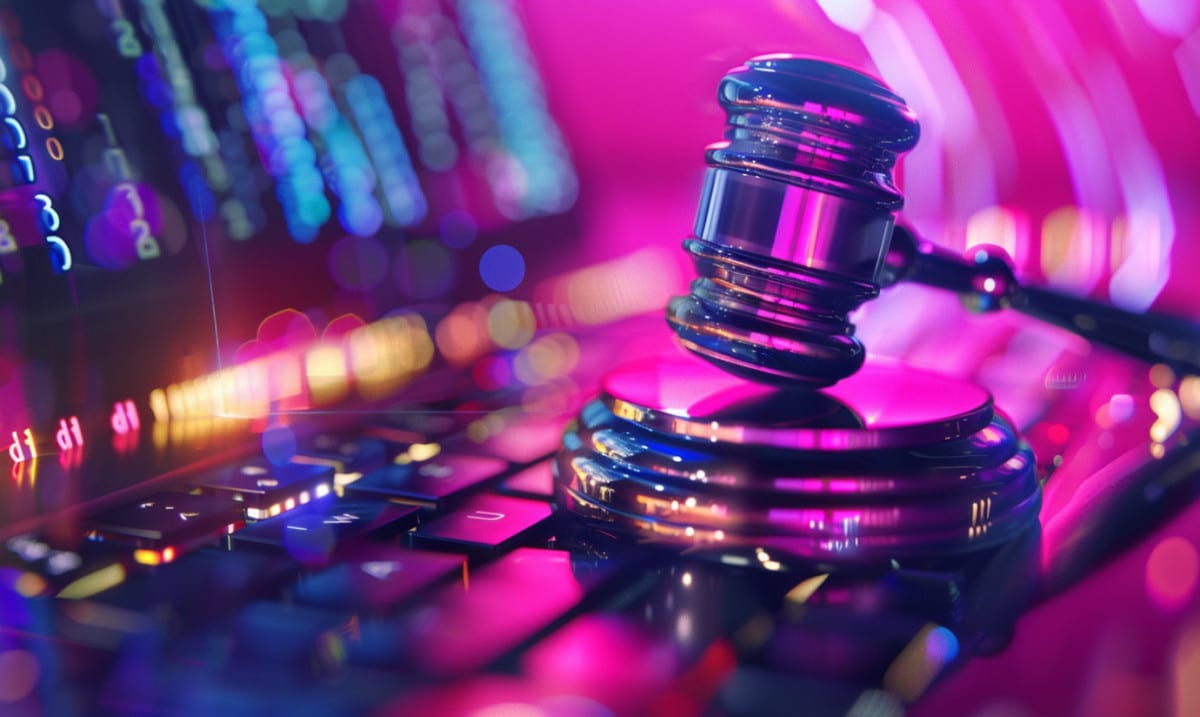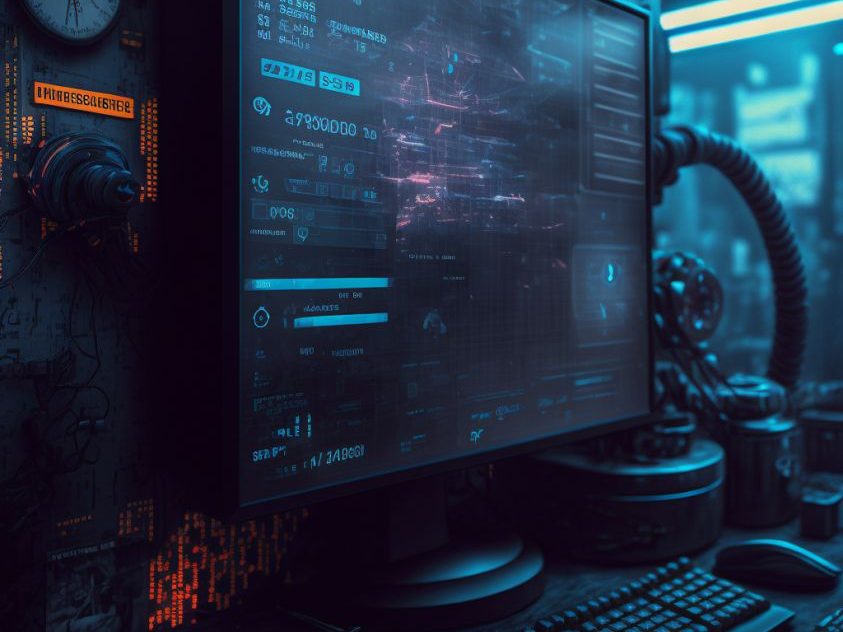With the rising prominence of decentralized autonomous organizations (DAOs), uncertainties about the tax responsibilities linked to DAO transactions have escalated. The absence of explicit tax guidelines has led to confusion among many investors about how to handle the tax consequences of their DAO ventures. Nevertheless, with some clarity and direction, investors can ensure they comply with tax laws and sidestep potential legal troubles. This article will delve into the core aspects of DAO taxation, covering taxable events and reporting standards. By the conclusion, you’ll gain insights into effectively managing and reporting your DAO-related transactions and understanding your tax duties. Let's explore this topic further!

Alisa Davidson
A Decentralized Autonomous Organization, or DAO, represents an innovative governance model that empowers participants to manage a protocol collectively, eschewing the need for a centralized authority or board. DAOs function based on smart contracts—these are self-operating software protocols that automatically uphold the guidelines and rules that the community establishes. April 24, 2025 DAOs present several advantages over conventional organizational structures. They provide enhanced transparency and accountability, as stakeholders can directly engage in important decisions. Moreover, DAOs may operate more efficiently and with lower costs since they eliminate the necessity for middlemen and significantly decrease operational costs compared to traditional organizations.
Join Our Newsletter. Currently, DAOs are witnessing a surge in popularity within the blockchain ecosystem, with notable projects such as MakerDAO, Compound, and Aave leveraging this model.
One of the primary benefits of DAOs is the facilitation of decentralized governance and ownership regarding various protocols. For instance, token holders are empowered to vote on crucial matters like resource allocation, protocol enhancements, and adjustments to the governance framework itself. This structure promotes a more equitable and decentralized method of decision-making, granting token holders substantial sway over the protocol's trajectory. Latest News by
By allowing participants to collaboratively oversee a protocol, DAOs create a system that is more transparent, efficient, and decentralized compared to traditional organizations. As the landscape of blockchain continues to transform, DAOs are poised to play a more prominent role in shaping decentralized governance and development. Alisa Davidson Here’s a comparison sheet highlighting the top ten crypto assets that have performed best and worst in 2023.
Establishing a Decentralized Autonomous Organization (DAO) outside of the jurisdiction of U.S. federal or state regulations raises questions about its classification—could it be viewed as a partnership, LLC, or corporation? Fortunately, U.S. tax law utilizes the concept of 'substance over form' to evaluate such matters.
by
Consequently, irrespective of a group's chosen organizational structure for their DAO, no arrangement offers complete protection from tax obligations. Additionally, U.S. citizens involved in DAOs must report their activities to the IRS, regardless of the location of their transactions—whether they occur domestically, internationally, or in a digital space.

A guide to the top ten crypto exchanges catering to users in the UK for 2023.
Holders of DAO tokens should expect to be taxed similarly to other cryptocurrencies. This typically includes income tax as well as capital gains tax. If you receive DAO tokens through an airdrop, you are obligated to report that income based on the fair market value of the tokens at the time of receipt.
by
Navigating the taxation landscape related to Decentralized Autonomous Organizations (DAOs) is challenging. Both individuals and businesses involved with DAOs find themselves in a peculiar position, as the Internal Revenue Service (IRS) has yet to outline any formal guidelines on this front.
Independent accounting firms and tax experts have endeavored to formulate general principles for taxing interactions with DAOs, which have proven effective for many individuals. However, the absence of official IRS guidance leaves uncertainties about whether these principles will be upheld going forward.
This ambiguity has created significant uncertainty within the community, complicating decision-making for both investors and entrepreneurs considering DAO participation. Until official clarifications are issued, many potential participants might remain hesitant due to fears of unanticipated tax repercussions. Alisa Davidson A detailed review of over 30 of the best crypto wallets available in 2023.
Even though the IRS has not provided official clarity on DAOs, there are several strategies that these organizations can adopt to manage their tax responsibilities effectively. Collaborating with a tax professional knowledgeable in cryptocurrency and DAOs can be a crucial first step. An experienced tax consultant can assist DAOs in comprehending their tax obligations while advising on structuring operations in a tax-efficient manner. Moreover, it's essential for DAOs to maintain thorough records of all transactions. This includes documenting token transfers, rewards, and any activities that could have tax implications. By doing so, DAOs can accurately report their financial activities when it’s time to file taxes. Lastly, DAOs should take a proactive stance concerning taxation. This involves staying informed about the latest tax regulations and being agile enough to modify their operations as necessary. DAOs that proactively address tax matters are less likely to face compliance issues and are better positioned to capitalize on potential tax-saving strategies.
In conclusion, the taxation landscape for DAOs presents a myriad of complexities and is continually evolving. While the IRS has not yet released official directives for taxing DAOs, there are practical steps that investors and entrepreneurs can take to navigate this terrain. By engaging knowledgeable tax professionals, meticulously documenting transactions, and maintaining a proactive focus on tax obligations, DAOs can effectively manage their tax responsibilities and stay compliant with relevant regulations. April 24, 2025 Clearly, DAOs play a vital and expanding role within the crypto ecosystem, with the potential to reshape our understanding of governance and collective decision-making. By tackling tax-related concerns diligently and knowledgeably, DAOs can ensure their continual growth and success in the years ahead.
Alisa Davidson
When it comes to grappling with the tax implications of participating in DAOs, the process can be quite intricate and daunting. This is where crypto tax service providers shine.
These services focus on demystifying the complicated world of taxation for cryptocurrencies and can assist you with a range of tasks, from clarifying your tax obligations to preparing and submitting your tax filings.
Crypto Tax Services provide an array of resources and tools tailored to help crypto investors and traders remain compliant with tax regulations. Their platforms are designed for ease of use, offering dashboards where users can monitor transactions, calculate their tax liabilities, and generate tax reports effortlessly.
Stay on top of crypto distribution tracking with our tools.
The U.S. IRS has categorized NFTs as digital assets for tax assessment purposes.
Know More
Discover the top ten most exciting DAO-centric crypto projects that are anticipated in 2023! Know More On September 19, Colorado became the first U.S. state to permit tax payments in cryptocurrency.
Please bear in mind that the information provided here does not constitute legal, financial, or investment advice. It is critical to invest only amounts you can afford to lose and to seek independent financial counsel if you have any uncertainties. For further information, we recommend reviewing the terms and conditions, along with the help and support sections provided by the issuer or advertiser. MetaversePost strives to deliver accurate and impartial reporting, but market dynamics can change without notice. Damir, who leads the team as the product manager and editor at Metaverse Post, focuses on topics like AI/ML, AGI, LLMs, the Metaverse, and Web3-related fields. His writing engages an audience of over a million readers each month. With a decade's worth of experience in SEO and digital marketing, Damir's expertise has been featured in esteemed publications such as Mashable, Wired, Cointelegraph, The New Yorker, Inside.com, and Entrepreneur. As a digital nomad, he travels among the UAE, Turkey, Russia, and the CIS. Holding a bachelor's degree in physics, Damir credits his academic background for honing the critical thinking skills necessary to excel in the dynamic sphere of the internet.
Cryptocurrencylistings.com has launched CandyDrop, a new feature aimed at simplifying the acquisition of cryptocurrency and fostering user engagement with quality projects. Read More .
Read more
Alisa Davidson
April 24, 2025 News Report FTC Appeals Fail to Prevent Microsoft-Activision Merger












